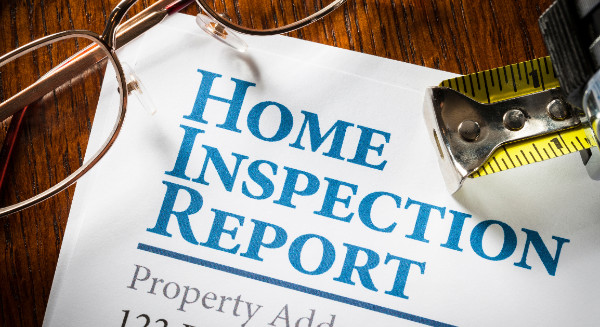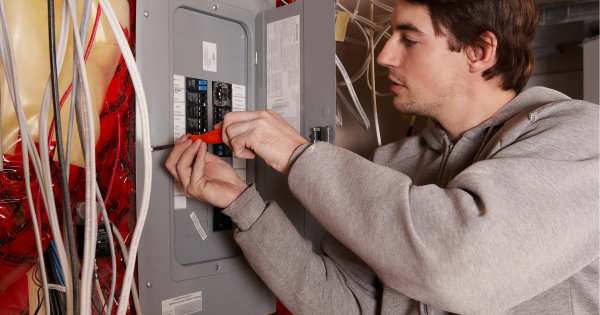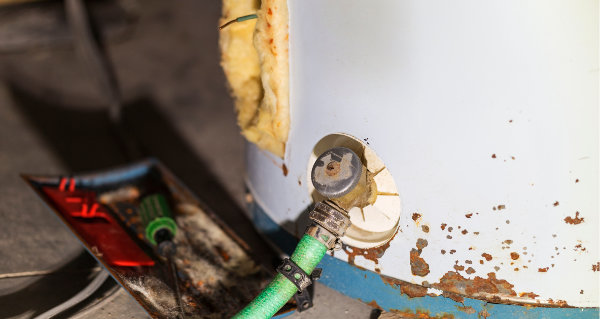It doesn’t matter what it looks like on the outside. It’s what’s on the inside that counts.
Why does updated housing information matter?
Knowing the updated information for your home is not only necessary for purchasing insurance, but it is crucial to ensuring the safety of your property. Old materials that need to be replaced could be about to fail, or a previous owner’s “DIY” work may be a disaster waiting to happen.
This was the case for a Massachusetts home buyer who ultimately paid out $150,000 in renovation costs after finding orange extension cords used in place of wiring in the walls. Investigating this led to the replacement of an aged plumbing system as well. Read horror story no. 2 on realtor.com of buyers waiving home inspections.
At Reliance Insurance, we’ve seen it all! From open-ended drain pipes leading nowhere, to squirrels causing a major fire after chewing on wiring within a wall.
Another example is a BC homeowner who built a new 32-inch-high railing for an upper deck on their house. In celebration of the new deck, the homeowner hosted a backyard party. Unfortunately, the railing was below current code requirements and a guest fell back when leaning against it. He was severely injured, resulting in a $250,000 lawsuit.
|
|
|
What housing updates are insurance companies looking for?
The main things that insurance companies want to know about are the roof, heating systems, electrical wiring, plumbing, and hot water tanks. The details of these features, such as age, type, or material, can also have an effect on your insurance premiums. Items like wood-burning heaters and oil tanks may also need special certification to be insurable.

How do I find updated information?
- Have your realtor ask the current owners – If they’ve had any work done themselves, they may have a record of it for you.
- Get a home inspection – A home inspector will walk through the property and bring up any areas that may be of concern. It gives you the chance to decide if it is worth moving forward with the sale, or the opportunity to fix these issues before a problem occurs.
- For older homes, consider specialty inspections from a roof, plumbing, or electrical expert – A regular home inspector can give you a general overview, but sometimes a more specialized analysis is needed.






Reliance Insurance proudly serves
Burnaby and the Vancouver area